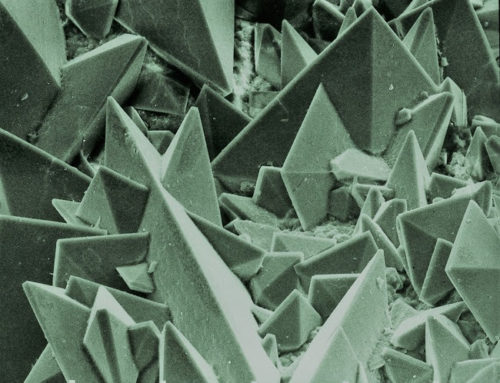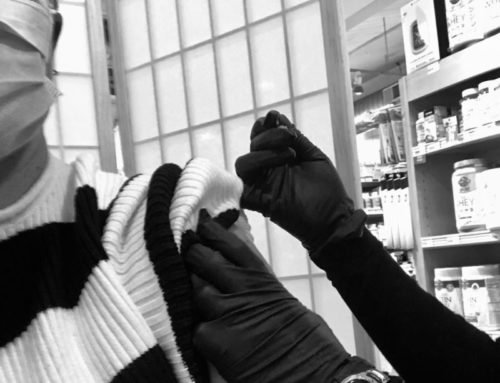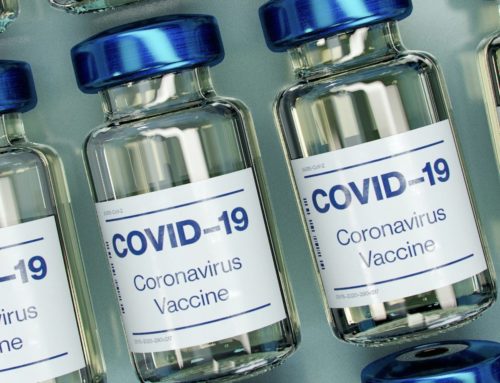I have been thinking a lot about the Germ Theory. Welcome to my world! This is just how my mind works. I think about cute shoes, too, but mostly these are the topics where my mind wanders. The entire pandemic failed to address this topic because we have been solely focused on exposure to the virus and vaccine production rather than asking the question: how do we avoid getting sick in the first place? The Germ Theory asserts that we are susceptible to infection as a result of any exposure to germs and that this will inevitably create illness. While postulated in med school and discussed often in conventional medicine, I have never accepted this theory. I operate from a wholly different stance. Ponder this instead: we become susceptible, and then, exposure to a germ such as a virus, bacteria, or fungus causes infection. Here is why this makes more sense to me:
- Not everyone who gets exposed to COVID-19 gets infected.
- Some people in the same household will get a viral cold and some will not.
- People get bit by a tick when they are young, and then, in their adulthood, experience a significant stressor and express this infection (a scenario I have observed a hundred times).
What are the variables that cause some to get sick when exposed to a microbial illness and some to not?
Being RESILIENT.
In today’s world, it is more and more difficult to see examples of truly resilient beings. I’m talking about deeply strong, healthy, vital humans. We have forgotten how vitality creates resilience, and we have no idea currently how to remain vital. We are barraged every single minute of the day with news that creates fear: the stock market is plunging; there has been yet another shooting in a public place; Monkey Pox is here. All of this negative messaging impacts our sense of security, and hysteria and fear reduces immune function (1,2).
Nutrient density is lacking in our food compared to the 1950’s when soil was replete with nutrients. We have less time to cook; therefore, we neither eat well nor digest optimally. Who has time to chew? We have an invisible barrage of electromagnetic frequencies (EMFs) through exposures to computers, cells phones, and 5G towers that have gone up silently all around us without objection. We exercise less. Our sleep is less deep and plagued by many wakings during the night. We are outside less. We hug less and have fewer deep ties in our communities. We live in densely populated communities but don’t know our neighbors. Our families are far away, both physically and emotionally, and we are far too busy to sit and make watching the sunrise or sunset a sacred moment in our day. We don’t grieve losses properly or acknowledge our personal traumas. We soldier on burying deep emotional pain. We love less deeply. Essentially, we are becoming more and more secluded in all ways. We are mammals after all, and mammalian health is interdependent. We need each other and when we don’t have connection, our immune system is weakened. (3,4)
The short summary is that we no longer are living in accordance with the laws of nature, which is one of the five tenets of naturopathic medicine. This reduces resilience. We think we can mess with mother nature as she intended it. We no longer have reverence for what has been set up in our best interests. Any time you we go against the laws of nature, there will be a backlash. I promise.
For example, there is no counterpart in nature for EMF’s, and we are seeing massive unrecognized health impacts: fatigue, headaches, depression, and insomnia are just a few well-documented impacts of technology. Although Mother Nature can antidote some of this, we are out of balance. Our thirst for technology drives this imbalance without a moment of hesitation to reflect on the question of whether this is good or not.
There is no substitute for eating whole foods. Eating out of packages, eating out of vending machines, and eating processed foods is a major side step from what nature intended. We have become such a stranger to where food comes from and what whole foods are and how to get them into our daily routines. We are seeing gut dysfunction, massive immune challenges, autoimmunity, and wide spread fatigue to name a few of the consequences. These are just a few prime examples of the causes of reduced resiliency.
The majority of our teenagers are now taking antidepressant medications. They have been on 5-20 rounds of antibiotics in their short lives and have permanently face-planted themselves into their hand held screens. Their anxiety skyrockets necessitating more medications and the management of the side effects of this poly-pharmacy is as unsophisticated as bugs bunny showing up to help. And we wonder why they are struggling? When was the last time they played outside? Got lost in the woods or came home after dark having built a fort with their friends all day?
Resiliency to infection means we need to correct all of the above. It’s not a “cross your fingers and hope for the best” strategy. Strengthen yourself from the inside out. We can come into contact with any microbe and succeed in walking away unscathed. I am 100% certain of this. Resiliency doesn’t come from a bottle of supplements just to be clear. They can help, but you can’t superimpose taking a pill on top of a poor diet or destructive lifestyle and have the outcome be vitality. Resiliency is yours if you want it, but we need to recognize what was intended for us and how far we have departed from this. Below is your guide.
Resilience Recipe:
1 full day of fun.
Turn off your router before bed.
Take a day off and do nothing.
Offer your kind heart to another human as it will heal you too.
Speak kindly to yourself.
Eat 7-9 of brightly colored vegetables per day from now on.
3 liters of clean water per day.
Heal your microbiome with fermented foods, probiotics, and plants.
Go to bed early.
Avoid sugar, alcohol, and caffeine.
Avoid pharmaceuticals, if you can.
Be outside as much as possible.
Get some exercise.
Be astounded about the power of trees.
Pray, Smile, Hug.
Add equal parts to a blender, process until well incorporated into your life.
In Health and Resiliency,
Dr. Mary Shackelton
Resources
- Nature. 2019 Oct;574(7779):543-548. doi: 10.1038/s41586-019-1644-y. Epub 2019 Oct 23.
- Brain Behavior Immune 2014 May;38:192-201. doi: 10.1016/j.bbi.2014.02.001. Epub 2014 Feb 10
- Lancet 2012 Sep 15;380(9846):1011-29. doi: 10.1016/S0140-6736(12)61228-8.
3) Cardiovasc Res. 2020 Aug 1; 116(10): e129–e131.



